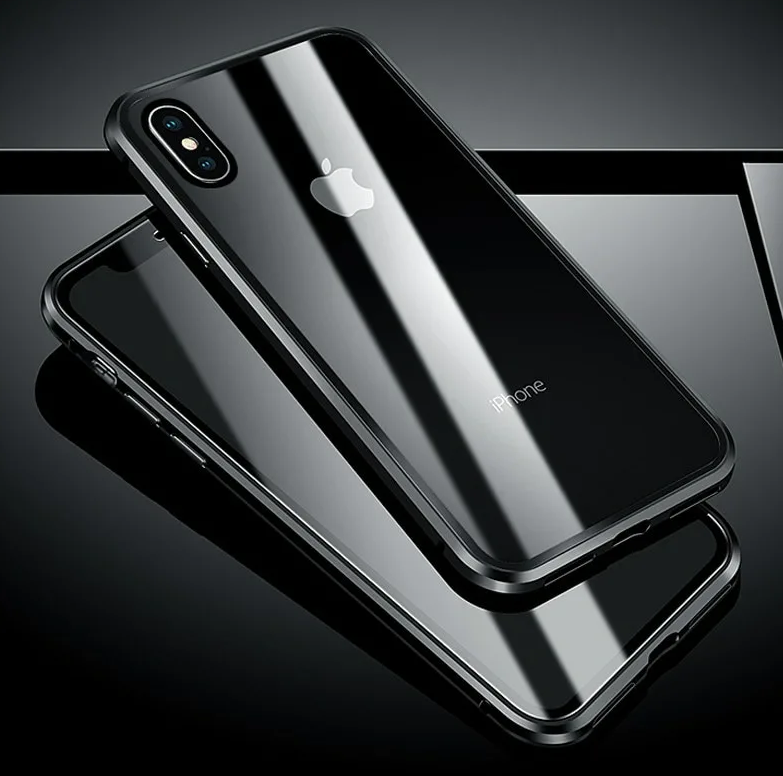-
New Mobile Music
New Mobile Music
Mobile Music
It seems that the big mobile makers are building very powerful, yet exceptionally sleek smartphones. Apple is currently leading the way with its iPhone and its company, the iPod. Apple's iPhone and iPod touch run on very powerful software that let it do things which you may not have believed possible. The applications in these devices permit the user to play audio and movies in high definition. And at a very affordable price too.

With more advanced products coming out, it has become harder for some musicians to make a living selling music. But this is a problem that many musicians have been facing for years. Unless you have a large record label to promote your songs, it can be tough to get plays. However, what about those that have been playing in small venues for ages? When some venues won't play with your music since they don't want to risk the probability of being sued, others will play your music because they enjoy your songs. Hence the question remains, if you've been playing small gigs for many years, is it really worth it to release your music via an app?
1 solution to the music industry's lack of interest from the app market is the growth of independent artists. With more artists that offer their music through an app, the future of the music industry looks very smart indeed.
But that future doesn't look so bright for some musicians since there's still a lot of space for independent artists in the cell music world. Apple has quite a large app store, but smaller players such as Rhapsody and TuneCore have a lot to profit. A number of these apps are free to obtain, so customers might be hesitant to pay for a program that's not exclusive to a certain stage. With the development of subscription services for music, a lot of people now want a service that will provide them with access to thousands of song names without paying a commission. This is just what music subscription services have been supplying customers.
But, there's a huge issue with this approach. Unlike sites like Rhapsody or TuneCore, which enable users to browse through a database of accredited music, subscription services may not have any original tunes by authentic indie bands. Instead, the program becomes a repository for re-offsourced songs from all around the world. Rather than exposing artists to new songwriters and recording engineers, the consumer is subject to a continuous flow of generic music.
What does this mean for brand new mobile music fans? On the flip side, this kind of music might appear less polished. If users anticipate to locate original songs in a program, they could be disappointed. But this new generation of music is quite tech-savvy.
Luckily, some services have established that this new trend in cellular technology and have introduced programs that contain original music. Many of these apps are available for free, while others charge a small price. After downloading, users may look for music genre or even identify songs by artist. They can then buy the song, purchase a subscription, and also have immediate access to a large number of songs in various categories. These programs allow users to rapidly discover new music and stay up to date on the newest music available.
One more advantage of those services is that the ease of discovering music. If a person is searching for info on a certain artist, they no longer need to rely on an outdated website or podcast. Rather than searching through hundreds of pages of song lyrics, they could simply use the program to uncover the artist's latest record. With all of these benefits, it's not much wonder that consumers are embracing mobile technologies. It is opening up an entirely new universe of music for new generations of cellular users.
-
Comments
